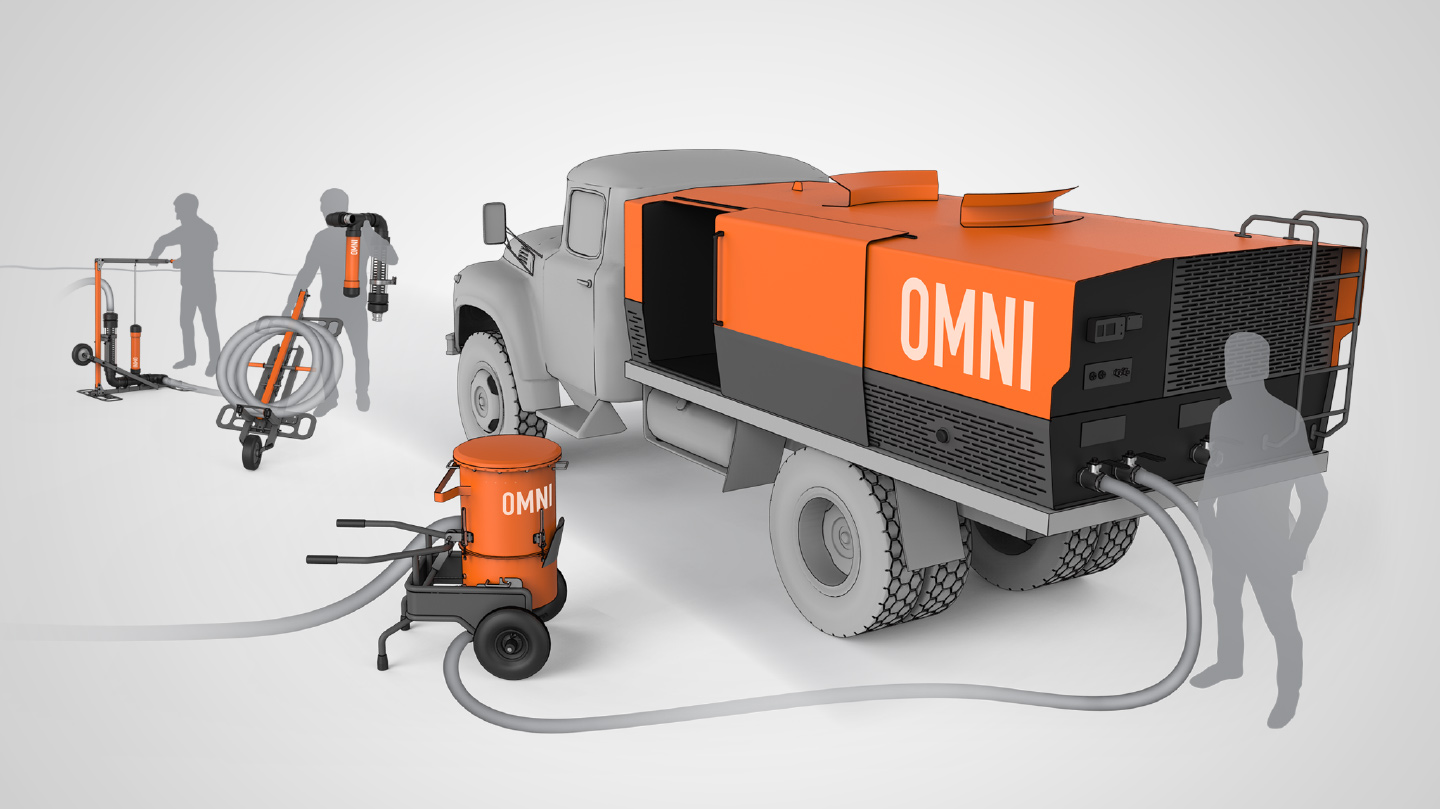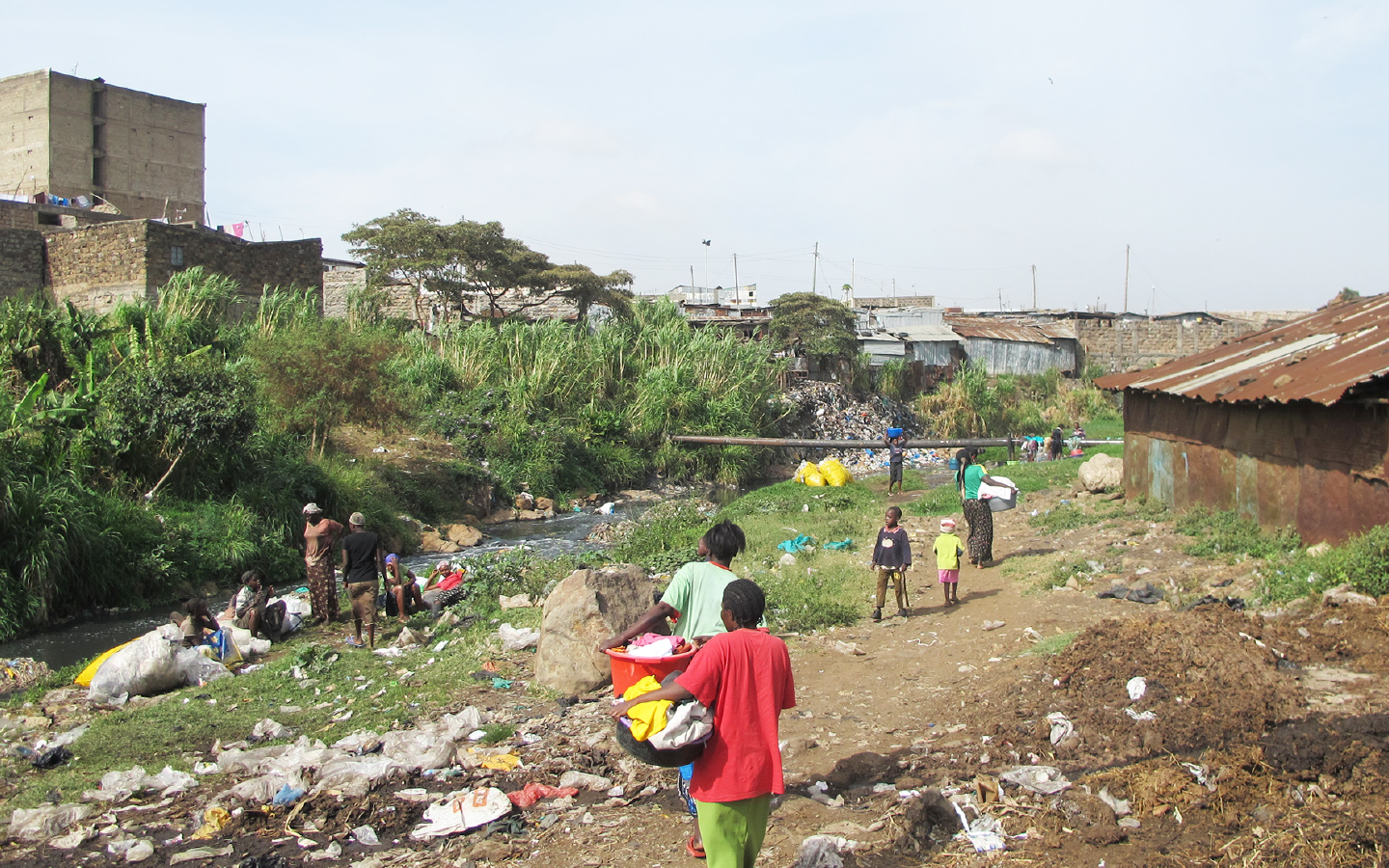
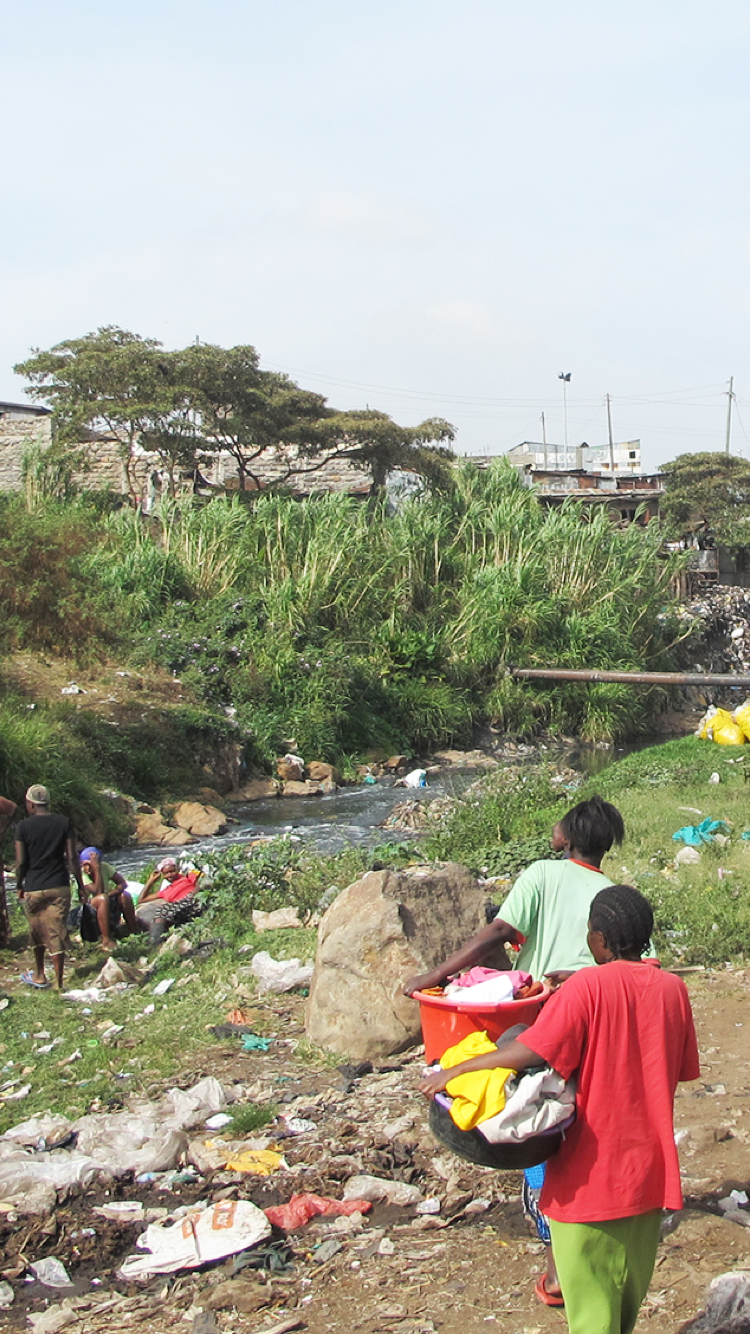
Gates
Foundation
The Bill & Melinda Gates Foundation takes on tough problems by funding ground-breaking interventions that help remove the barriers that prevent people from advancing their communities and making the most of their lives. Tactile has been privileged to participate with the Gates Foundation’s Water, Sanitation & Hygiene group on their Transformative Technologies program.
This is an ambitious effort to develop equipment that will make the service and maintenance of sanitation infrastructure (latrine pits, cesspools, and septic tanks) more affordable and effective. This Greater Good work will eventually benefit public health, as well as private companies, public utilities, and municipalities.
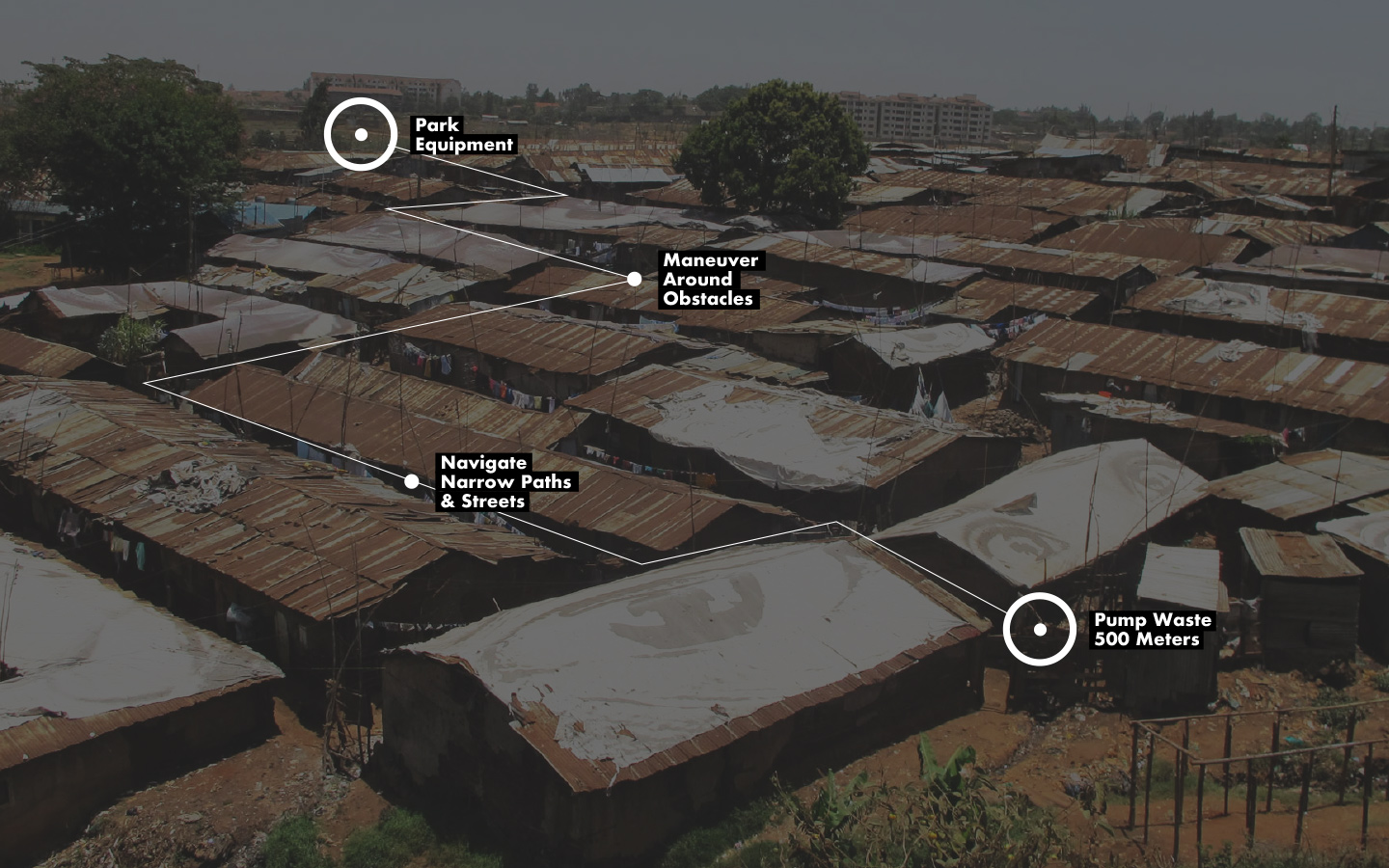

Local Opportunities, Global Issues
Tactile sent research and strategy teams to Africa, Malaysia, and Cambodia to learn about existing sanitation infrastructures and systems. Our designers surveyed locally available resources, such as funding, manpower and skilled labor, engineering expertise, machinery, building materials, water, and local transportation. These resources often were in poor condition or scarce supply. Further consideration was given to political obstacles and opportunities. Public and municipal mandates, community conflict and gender prejudice, cultural norms, community and civil budgets, and local health priorities all proved integral to understanding the scope of the problem.
Research proved that a sanitation solution not only had to reduce the spread of disease and benefit the standard of living, but must also function as a profitable business. Figuring out how to accomplish that within the confines of a challenging geography and tough economic realities required strategic thinking. Tactile aimed to develop a way for local entrepreneurs to profit from collecting and processing fecal sludge and urban organic waste, extracting the reusable water, and turning the rest into fuel or fertilizer.
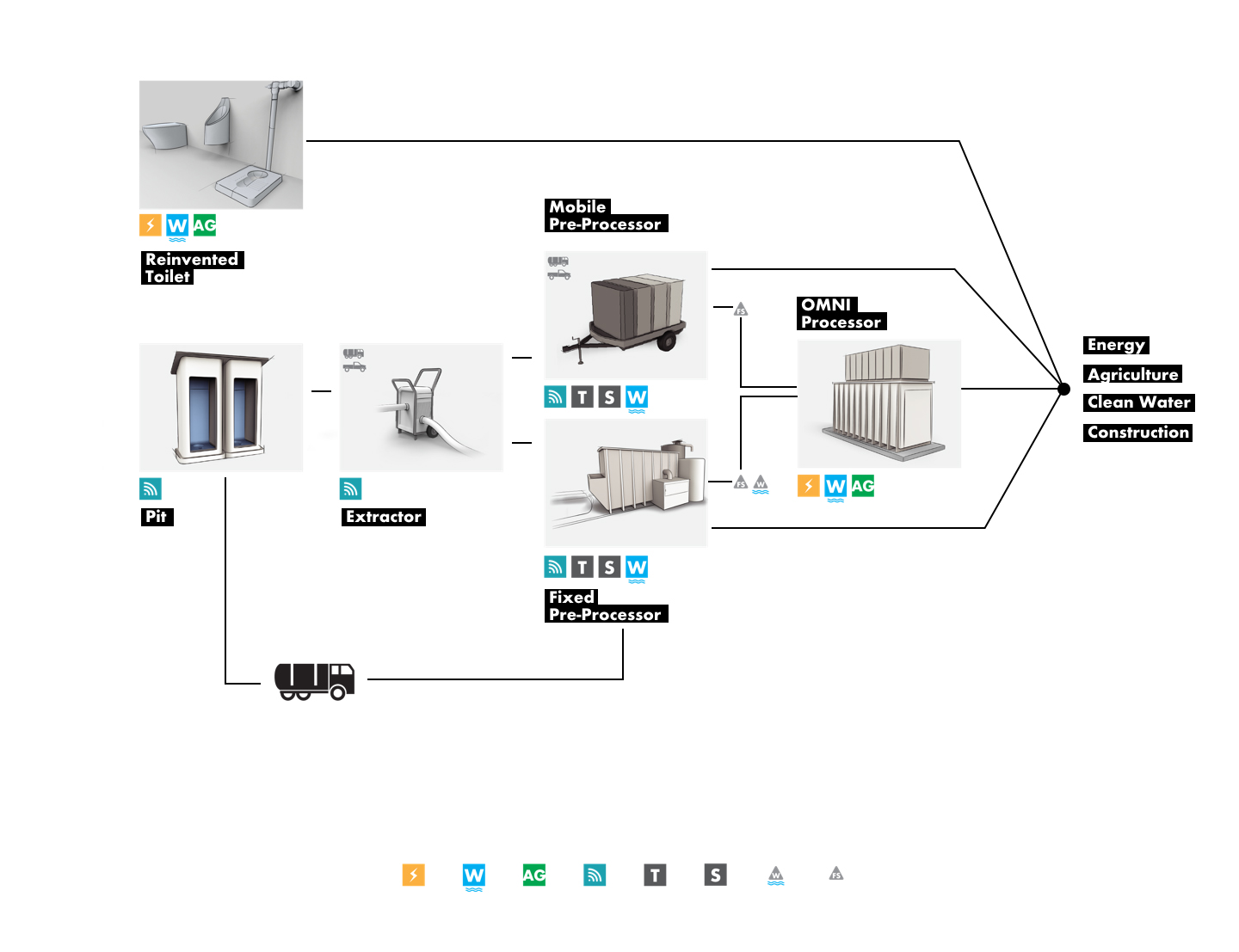

Environmental
and Human
Impacts
The need was clear. The developing world needs public sanitation infrastructure services that work for everyone and eliminate waste from the environment. Tactile’s assignment was to take the lead role in developing a better foundational understanding of obstacles and opportunities encountered while conducting first-hand research on existing sanitation infrastructure. Our designers would then collaborate with the Foundation to create a sensible product development roadmap for all relevant initiatives.
Concepts were developed to facilitate meaningful discussions around solution feasibility. The goal of any product idea would be to create something at a reasonable cost that could be built and operated in region. That principle became the foundation of our proposals.
We continue to advise the Gates Foundation on this and other projects. Our team takes great pride in a collaboration that strives to bring a better quality of life to millions living in developing countries.
